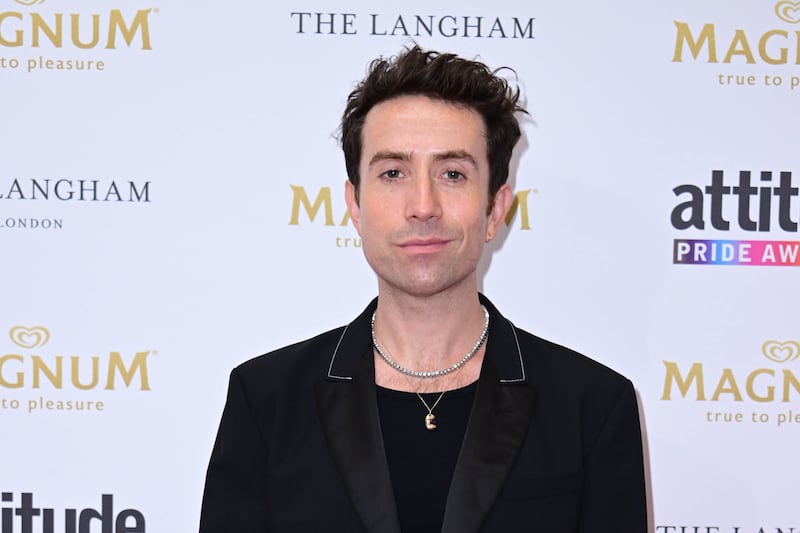Independent record labels have reached an agreement with Apple over its new streaming service days after the technology giant bowed in the face of pressure from pop sensation Taylor Swift.
The US star sparked headlines around the world with her open letter to Apple saying she would hold back her latest album, 1989, in protest at its ”shocking and disappointing” decision not to pay for songs streamed during a three-month trial period.
Writing online, she said it was ”unfair to ask anyone to work for nothing”, prompting an Apple executive to tweet that musicians would be paid.
The Worldwide Independent Network (WIN), the organisation that represents independent music acts and businesses around the world, said it would endorse Apple Music “on behalf of their members”.
Chief executive Alison Wenham said: “I am pleased to say that Apple has made a decision to pay for all usage of Apple Music under the free trials on a per-play basis, as well as to modify a number of other terms that members had been communicating directly with Apple about.
“With these changes, we are happy to support and endorse the deal. Apple has a long-standing, deep-rooted relationship with the music community and has always helped ensure artists get paid for their work.
“We think Apple Music provides artists with a business model that’s good for the long-term and we look forward to its launch on June 30.”
Martin Mills, from the Beggars Group which is home to acts including Adele and Queens Of The Stone Age, said there had been “increasingly fruitful” discussions with Apple.
He said: “We are now delighted to say that we are happy to endorse the deal with Apple Music as it now stands, and look forward to being a big part of a very exciting future.”
In November last year Swift withdrew her entire catalogue from Spotify, and said she was making a stand not for herself but for new artists and bands, young songwriters and producers who would not be paid for a quarter of a year of plays.







